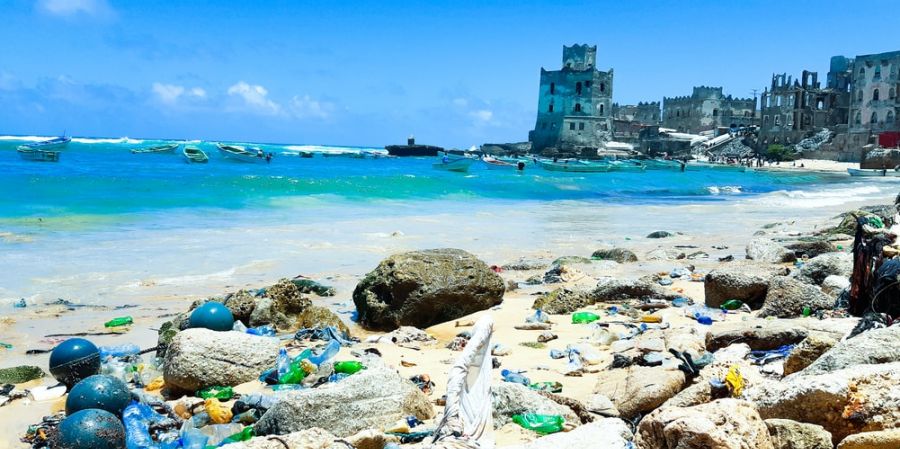

“World Aquatic Animal Day” is a day devoted to aquatic animals that occurs once a year. The Aquatic Animal Law Initiative (AALI) and the Animal Law Clinic at Lewis & Clark Law School, as part of the Center for Animal Law Studies, unveiled the case for the first time on April 3, 2021. To increase global consciousness about these often-ignored nonhuman animals every year.
"What do we mean by ‘aquatic species’ and who falls into this bracket? What are the dangers they pose? What does the law mean by this? What are different ways that folks should safeguard them?
Aquatic organisms are very important to our cultures and habitats. This day will honor and educate the public about nonhuman animals that live in or near water, including polar bears, penguins, amphibians, and sea birds, as well as fish, octopuses, corals, whales, and dolphins. About every other day, we witness disturbing news or videos of mammals all around the environment dying as a result of the plastic waste that is threatening our oceans.
WHAT EFFECTS DOES PLASTIC HAVE ON AQUATIC LIFE?
Per year, 100,000 marine animals die as a result of plastic waste around the world. Whales, dolphins, sharks, and sea lions are among them.
Animals ingest plastic, which may choke them or giving them a false impression of fullness, contributing to malnutrition. Fish and birds will drown, die, by becoming easy prey for large predators if they get trapped in plastic at sea or when they use it to make their nests.
The reality that these plastics can rip down into tiny fragments that are consumed by smaller organisms and transferred up the pyramid is probably the most concerning fact of all. So, if a shellfish consumes those plastics particles and a tuna eats the shrimp, we could be eating waste plastic we thought we'd gotten rid of!
WAYS TO GET INVOLVED:
Despite many measures taken to minimize the impact of the aquatic species issue, there is still a long way to go in terms of protecting and conserving our water bodies. As vital as exploring solutions to clean our seas and waterways, raising public consciousness about the importance of coastal environmental health and restoration is also critical. And becoming informed of a problem entails understanding the problem at the most fundamental stage. To avoid aquatic emissions, one must be conscious of the toxins that endanger the environment, as well as the causes from which they derive.
There is a pressing need to treat marine species with the respect they deserve. Our efforts to raise awareness of the plight of marine animals must rise to address the daunting difficulties they now face by legislation, regulation, education, activism, and good stewardship of the planet.




















